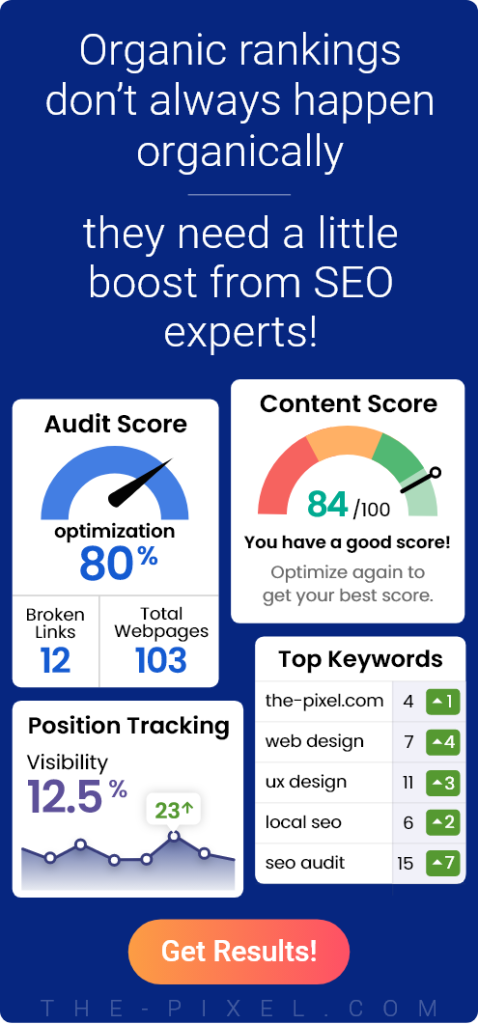Ways To Protect Your Website Against Security Breaches
Ways To Protect Your Website Against Security Breaches
Protect your website as you would the entrances to your company’s office building.
According to USA Today, 43% of businesses have experienced a data breach while eSecurity Planet reports that 74% of companies that actually had a data breach were completely unaware. It’s imperative to protect your company against security breaches since hackers may attempt to steal your financial information as well as that of your customers. Target had a data breach in 2014 which resulted in 70 million customers having their personal information exposed including their names, addresses and credit card information.
1. Pick Stronger Passwords
One of the most effective ways to keep your accounts secure is by picking a strong password for all corporate log-ins including e-mail, social media accounts and any services or websites accessed by your company which require a username and password.
CNET reports that the ideal password should incorporate upper and lower case letters, numbers, symbols and be at least 16 characters long. Don’t use sequential numbers as 1,2,3,4,5. Avoid using words which can be found in the dictionary like “house” or “building” as hackers may utilize scripts to crack passwords by cycling through common words.
One of the easiest ways to manually generate a password is by using the first letter of a phrase. For example, “I was born on May 2, 1989” turns into “IwboM21989”. Jot your password down and keep it in a secure place. You may not be able to access your passwords in case of a drive failure or if your pc or laptop gets stolen.
2. Use A Password Manager
A Password Manager like Roboform or Lastpass automatically fills in log-in and password information and is significantly more secure compared to using your browser’s autofill feature. Last Pass is particularly handy because it can generate complex passwords on the fly.
The disadvantage of using a password manager is that there is one single point of entry for hackers; your master password. You’ll want to make sure that your master password is extra strong.
3. Be Careful When Using Public Wi-Fi
It can be tempting to go to the local Starbucks, prop open your laptop and get to work. However, using public Wi-Fi hot spots leaves you vulnerable to hackers. Many popular providers of Wi-Fi hot spots including AT&T & T-Mobile are not automatically encrypted. It’s up to the end user to download the provider’s encryption software.
Logging in an unencrypted network enables digital eavesdroppers to view what you’re doing online. Nearby hackers may be able to view log ins and passwords if you’re logging into your bank, e-mail or company network. Some hackers will even broadcast fake hot spots or free Wi-Fi connections and capture data from users logging in to use the free internet.
Safe internet browsing tips include picking a secure browser, customizing your security settings and protecting yourself with a VPN. Turn off your browser’s “autofill” feature which can provide log in information to hackers. Microsoft Edge is the most secure browser as it verifies the safety of a site before loading it while Google Chrome comes in second. Use a VPN service in public settings which allows you to create a secured connection and avoid prying eyes.
4. Ignore Suspicious Emails
Beware of any suspicious emails in your inbox even if its coming from the CEO or President of the company. One popular “bogus boss” email scam is costing businesses millions of dollars. For example – your staff accountant, received an email instructing her to transfer funds for a new firm her company was supposedly acquiring. The accountant wired $542,000 to foreign back accounts. Luckily most were stopped by the bank but approximately $100,000 went through.
The reason why so many fall for these scams is because employees are less likely to question orders from higher ups in the company. Develop an internal policy of verifying information with the appropriate parties before transferring significant amounts of money. Beware of any emails asking for wire transfers or suppliers asking for outstanding invoices to be paid into a new account. Have your IT team install robust anti-malware in order to keep your networks secure and avoid phishing scams.
Hacking and phishing scams are a serious concern for small and large businesses but you can stay ahead of the curve by taking precautions.
Hire ThePixel to build your next website!
Since our founding in 2008, we’ve created and launched many types of business websites. Over the last decade and we’ve learned a thing or two! That’s why we’re masters of our craft, let us help you build the website of your dreams – one that generates traffic, leads and conversions.
Are you ready to start? If yes, contact ThePixel and one of our representatives will guide you through the website phases and how the process works either by a Zoom Meeting or phone.

